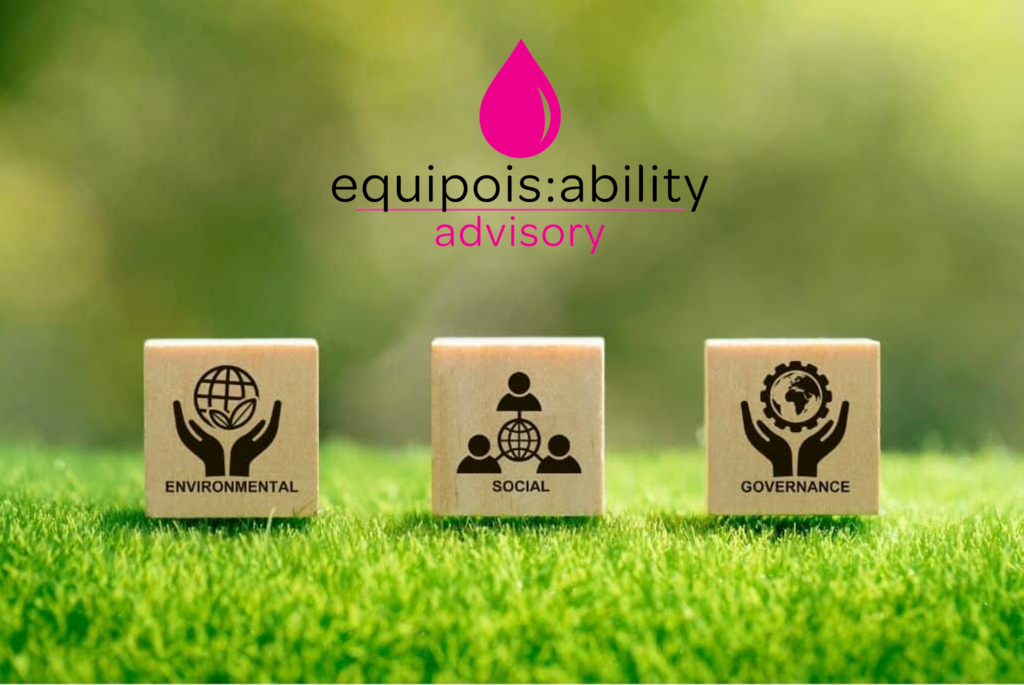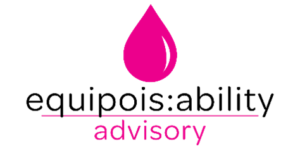
Calgary, Alberta — November 20, 2024 – As the regulatory landscape surrounding corporate sustainability continues to evolve, the Canadian government and regulators are advancing reporting requirements. Sustainability reporting involves communicating the impact of a company’s operations on the environment, society, and economy, as well as how the organization manages risks and opportunities related to sustainability and climate.
The Canadian Sustainability Disclosure Standards are set to become mandatory. These new reporting obligations are not just a regulatory hurdle—they present a significant opportunity for companies to evaluate their non-financial risks and improve operational efficiency, innovation, and long-term resilience.
The adoption of these standards will have wide-reaching implications for businesses in every sector. In addition to ensuring compliance with mandatory sustainability reporting, companies will need to assess how their operations align with best practices in environmental stewardship, social responsibility, and governance (ESG). This process of disclosure will require organizations to review their impact on the environment, workforce, and communities—and use this data to guide strategic decisions.
The Opportunity Beyond Compliance
While meeting reporting requirements is essential, the true value of sustainability reporting lies in the opportunity it presents to drive innovation, efficiency, and cost reductions. It is not just about checking boxes; it is about leveraging the data to foster creative, forward-thinking strategies that mitigate risks, identify new opportunities, and strengthen business performance. When effectively implemented, sustainability initiatives can lead to:
- Improved Governance – Transparent reporting builds trust with stakeholders, including investors, customers, and regulators.
- Better Safety Standards – Proactive risk management can reduce accidents and improve employee wellbeing.
- Stronger Community and Employee Relations – A commitment to social responsibility enhances reputations and fosters loyalty.
- Environmental Impact Reduction – Companies that invest in sustainability are more likely to reduce waste, optimize resources, and cut operational costs.
A Look to the Future: Evolving Reporting Standards
While current regulations are focused primarily on climate and emissions, international standards are rapidly evolving to include additional reporting topics. In the near future, companies may be required to disclose information related to:
- Biodiversity – Impact on ecosystems, land, and water use.
- Human Capital – Workforce diversity, equity, and human rights practices.
- Supply Chain Responsibility – Ethical sourcing and supplier sustainability.
Is Your Company Prepared for These Changes?
The regulatory shift towards comprehensive sustainability disclosure is not a passing trend—it’s here to stay. Companies that fail to comply with new reporting standards could face severe consequences beyond regulatory penalties, including:
- Loss of Customers – Increasingly, consumers are prioritizing sustainability in their purchasing decisions.
- Difficulty Accessing Insurance and Financial Services – Canada’s financial regulator, the Office of the Superintendent of Financial Institutions (OSFI), created guidelines for Federally Regulated Financial Institutions to embed climate risk management and assessment into their operations and decision-making processes.
If your business isn’t prepared to meet the new sustainability reporting standards, now is the time to act. The cost of non-compliance by delaying may be greater than the upfront investment required to ensure your business is ready.
Five Questions to Determine Your Sustainability Reporting Readiness
- Is your company aware of the international sustainability reporting standards and the Canadian counterpart, the Canadian Sustainability Disclosure Standards?
- Is your company ready to report? Have you set up internal processes and performance tracking?
- Does your company have adequate information available to meet the regulatory disclosure requirements of banks and insurance providers?
- Has your company examined its environmental and social risks and opportunities over the short, medium, and long term?
- How does your company’s strategy align with material sustainability issues and stakeholders’ expectations?
If you are not sure how to meet the sustainability reporting requirements, contact Deidra Garyk at Equipois:ability Advisory, 403-801-2608, [email protected], www.equipoisability.com.
Equipois:ability Advisory is your partner in sustainability success: balancing compliance with opportunity.
We are here to prepare your company for mandatory sustainability disclosure by offering personalized advisory services that not only ensure compliance but also help you seize the opportunities that come with it.
Equipois:ability is proud to be a member of the Alberta Opportunity Group (AOG). The AOG is a community of service providers from a broad range of disciplines that provide support to each of its members and their respective clients. https://www.albertaopportunitygroup.com/
Share This:





 CDN NEWS |
CDN NEWS |  US NEWS
US NEWS 



























